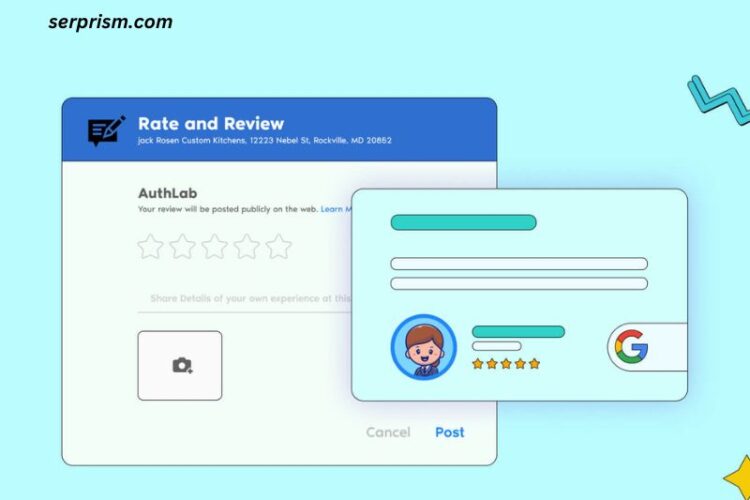In the digital age, where information is abundant and often overwhelming, effective search methods have become essential for users seeking to navigate the vast web of content available to them. One such method that has gained popularity is the concept of “site search shortcuts.” However, many users still struggle to harness these tools effectively, leading to frustrations that can hinder their online experiences. In this article, we will explore the concept of site search shortcuts, why they matter, and how to effectively use them to enhance your web browsing efficiency.
What Are Site Search Shortcuts?
Site search shortcuts are specific techniques or commands that allow users to conduct targeted searches within a particular website or domain. Instead of sifting through an entire site manually, these shortcuts enable users to quickly find the information they need without unnecessary delays.
For instance, when using Google, you can utilize the “site:” operator followed by the domain and search term. For example, typing site:wikipedia.org climate change will yield results exclusively from Wikipedia that pertain to climate change. This is particularly useful for users looking for credible information on specific topics from trusted sources.
The Importance of Site Search Shortcuts
- Efficiency: In an age where time is money, being able to find information quickly is invaluable. Site search shortcuts streamline the process, allowing users to focus on content rather than navigating through layers of menus or links.
- Targeted Results: When searching through broader engines like Google, results can often be cluttered with irrelevant information. Site-specific searches help filter out unrelated content, making it easier to find exactly what you’re looking for.
- Increased Productivity: For professionals, researchers, and students who rely on online information, utilizing site search shortcuts can significantly enhance productivity. It minimizes the time spent on unnecessary searches and maximizes the time spent on meaningful research.
- Enhanced Learning: For students and learners, site search shortcuts can help discover academic resources, articles, and studies relevant to their field of study. This can lead to a more in-depth understanding of subjects and encourage critical thinking.
Common Site Search Shortcuts
While different platforms and search engines may have their own variations, here are some widely used shortcuts:
1. Google Search Operators
site:: This operator limits your search results to a specific domain.- Example:
site:bbc.com technology
- Example:
filetype:: This operator helps you find specific file types, such as PDFs or Word documents.- Example:
filetype:pdf climate change report
- Example:
intitle:: This operator searches for keywords in the title of the pages.- Example:
intitle:renewable energy
- Example:
2. Using the URL Bar
Most modern browsers allow users to enter commands directly in the address bar. For instance, entering a search term followed by a site domain can often yield similar results to using Google.
- Example: In the address bar, typing
example.com search termwill conduct a search on that specific site.
3. Advanced Search Features
Many websites have built-in search features that allow for advanced filtering. For instance, news sites often enable users to sort articles by date or relevance. Familiarizing yourself with these features can save significant time.
4. Browser Extensions
There are various browser extensions designed to enhance search capabilities. Extensions like “Google Search Filter” can provide added functionalities for filtering search results more efficiently.
Overcoming Common Challenges
Despite the advantages of site search shortcuts, many users encounter challenges that can limit their effectiveness. Here are some common issues and solutions:
1. Lack of Familiarity
Many users simply are not aware of the various search operators and shortcuts available.
Solution: Taking the time to research and practice using these shortcuts can greatly enhance search capabilities. Online tutorials and guides can provide comprehensive overviews of how to effectively use these tools.
2. Variability Among Sites
Not all sites support the same search functionalities or shortcuts, leading to confusion.
Solution: It is beneficial to familiarize oneself with the specific features and search capabilities of frequently visited sites. Many websites have help sections or FAQs that detail how to best utilize their search functions.
3. Inconsistent Results
Even with the use of site search shortcuts, users may sometimes still encounter irrelevant results.
Solution: Refining search terms by using additional operators or trying different keywords can help yield better results. Experimentation is key to mastering effective searching.
Practical Examples
To illustrate the effectiveness of site search shortcuts, let’s consider a few scenarios:
Scenario 1: Researching Academic Papers
A student is researching the impact of climate change on agriculture. Instead of searching broadly, they could use:
This would limit results to educational institutions, likely yielding credible and relevant academic papers.
Scenario 2: Finding Company Information
A business professional looking for annual reports from a specific company could use:
This would provide direct links to the reports without unnecessary navigation.
Scenario 3: Looking for Recipes
A home cook searching for vegetarian pasta recipes could utilize:
This targeted search would streamline the process of finding delicious recipes without wading through unrelated content.
Conclusion
In a world brimming with information, mastering site search shortcuts can significantly improve the efficiency and effectiveness of online searches. Whether you’re a student, a professional, or a casual internet user, understanding and utilizing these shortcuts can save time, enhance productivity, and lead to a more rewarding online experience.
By embracing these techniques, you can transform the often overwhelming task of searching the web into a streamlined, targeted, and ultimately more satisfying endeavor. So the next time you find yourself lost in the sea of search results, remember: you don’t have to say “I don’t dee”—with the right tools, you can find exactly what you’re looking for.




